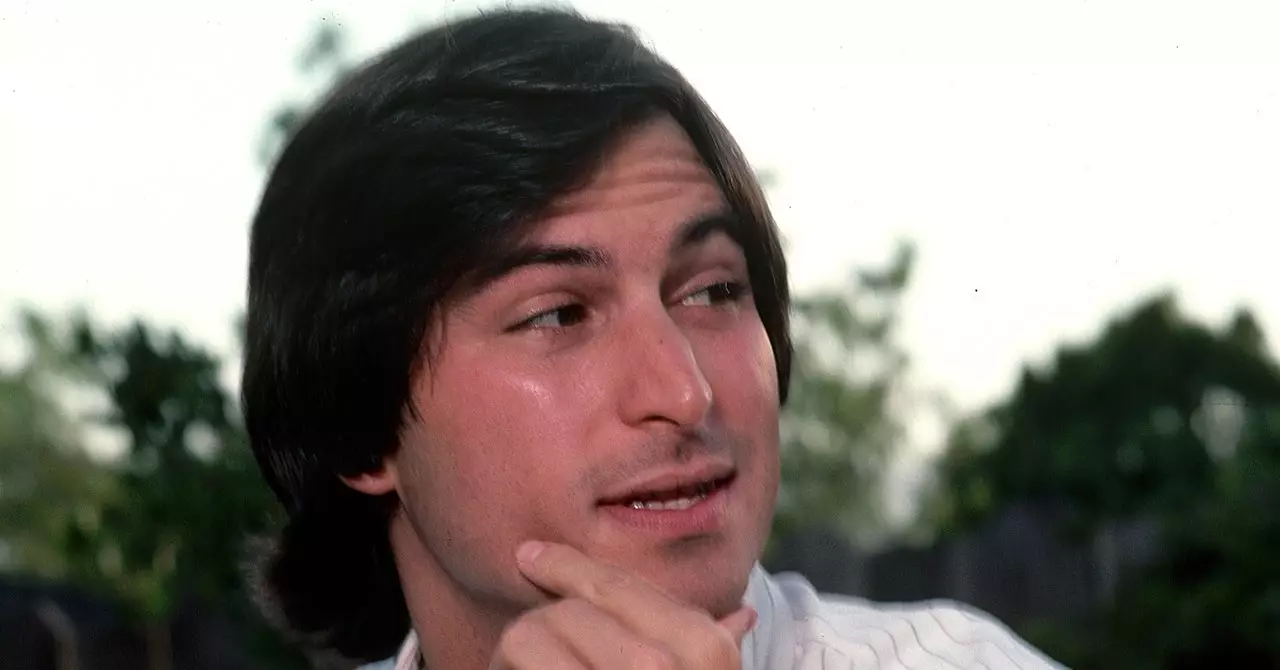In 1983, a 28-year-old Steve Jobs stood nervously before a group of designers in Aspen, Colorado, and made a bold prediction about the future of personal computers. Jobs, known for his innovative ideas and forward-thinking approach, told the audience that the computer would become the predominant medium of communication in their lifetimes. This statement, at a time when few people owned or even saw personal computers, seemed almost unbelievable.
An Ambitious History Project
The speech given by Jobs at the Aspen International Design Conference is now the centerpiece of an online exhibit presented by the Steve Jobs Archive. This ambitious history project aims to tell the story of Apple’s legendary co-founder and shed light on his visionary ideas. Jobs’ vision of a future where computers would be indispensable and deeply woven into the fabric of people’s lives is now a reality, with technology playing a central role in our daily activities.
Before leaving Aspen, Jobs was asked to donate an object to a time capsule that would be opened in 2000. Jobs chose to include the mouse from the Lisa Computer he had brought to demo, symbolizing the groundbreaking technology he was introducing to the world. The speech itself serves as a time capsule of Jobs’ visionary ideas, with many of his predictions about the role of computers in society coming true.
Jobs’ speech was not only about the future of technology, but also about the changing nature of communication. He spoke about a world where computers would be connected, and people would use electronic mail as a primary form of communication. Jobs’ goal was to make these technologies so integrated into people’s lives that they would become inseparable from everyday existence. His vision of a future where computers are essential tools for communication has reshaped the way we interact with one another.
Steve Jobs’ vision for the future of technology continues to impact society today. His ability to foresee the importance of computers in communication and his commitment to making that vision a reality have shaped the way we live, work, and connect with one another. Jobs’ speech in Aspen may have been given over three decades ago, but its relevance and impact are still felt in the world of technology and communication.


Leave a Reply